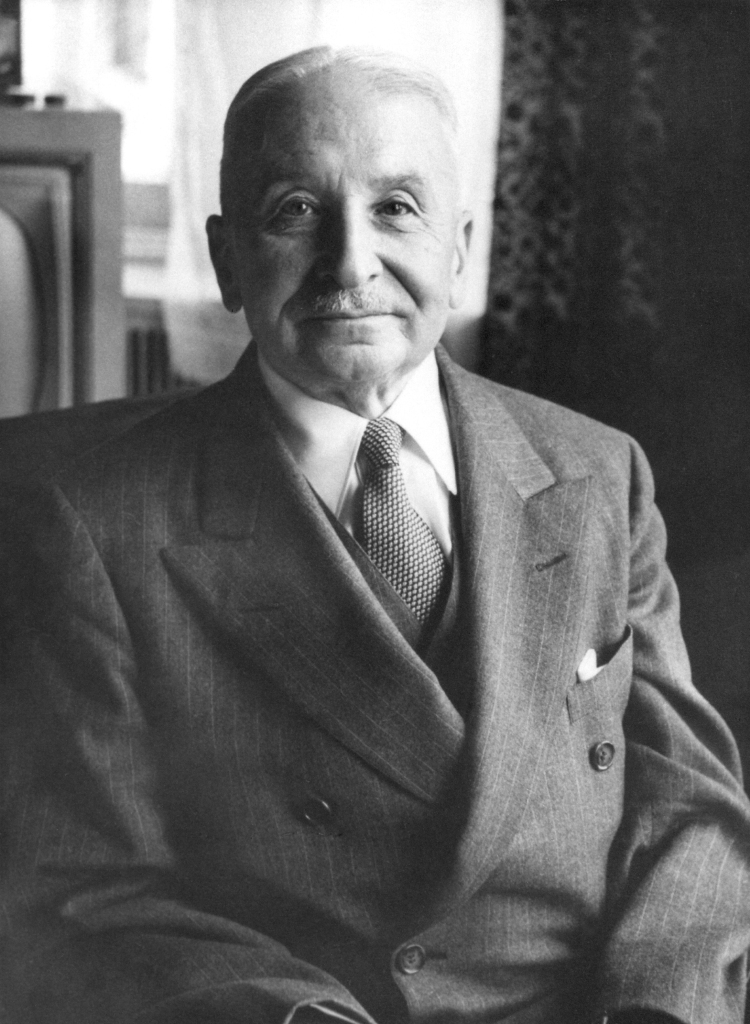18th-century Russia as egalitarian paradise
I had no idea until I read this in Hugh Barnes’s Gannibal: The Moor of Petersburg: “Until the end of the eighteenth century, even houses of wealthy Russians were barely distinguishable from peasant huts.” Who knew? (File under Humor, Sarcasm.) More on Gannibal and Gannibal.
18th-century Russia as egalitarian paradise Read More »

